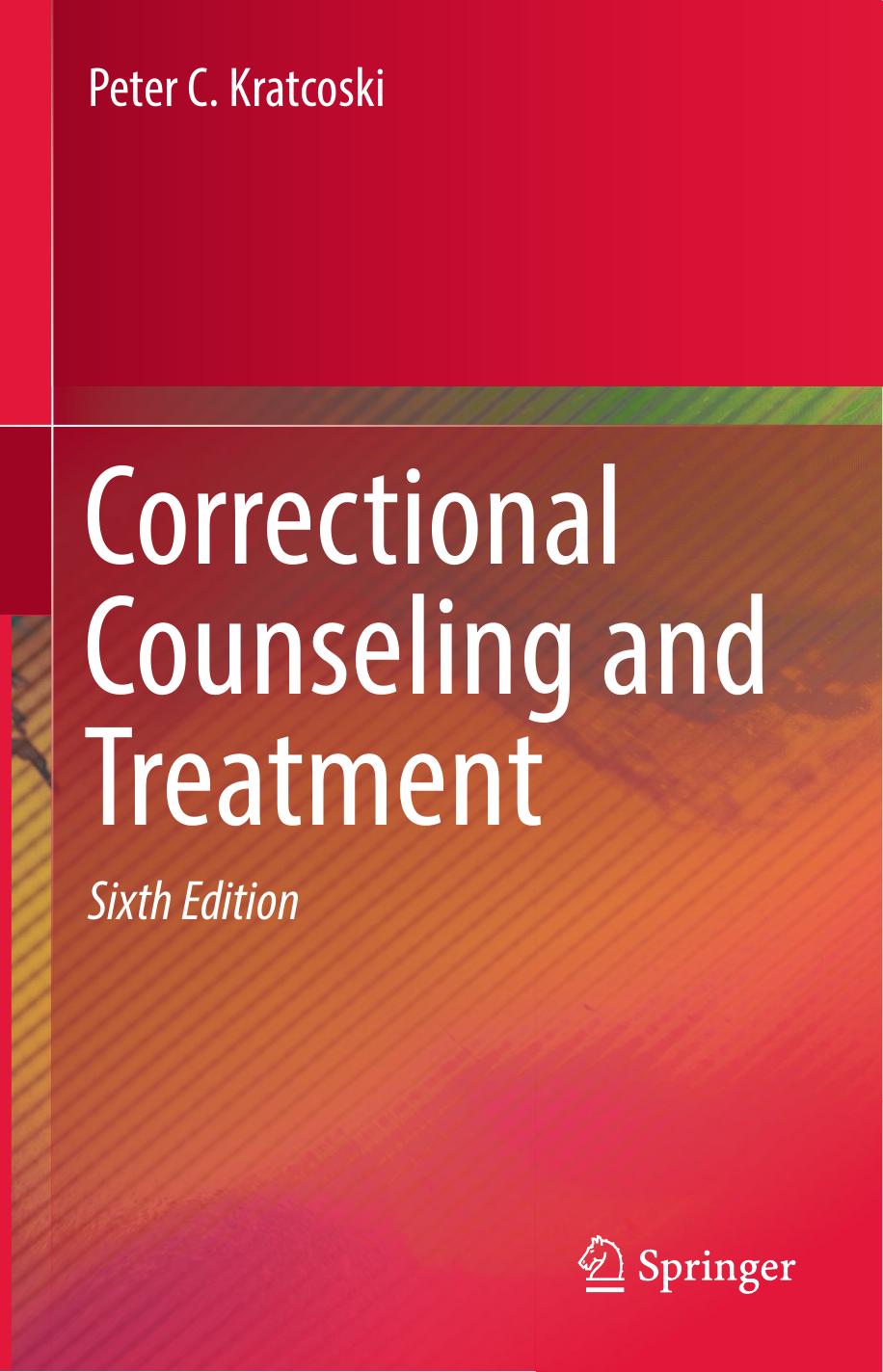Correctional Counseling and Treatment by Peter C. Kratcoski

Author:Peter C. Kratcoski
Language: eng
Format: epub, pdf
Publisher: Springer International Publishing, Cham
Post Conviction (US Probation)
Post-conviction supervision officers monitor offenders who are sentenced to a term of probation by the court or who are on parole or supervised release after they are released from federal prison . Post-conviction supervision is designed to carry out the court’s sentence, protect the community, monitor the activities of clients, and provide the opportunity for reintegration, treatment, and assistance. Officers meet with clients in their homes, the community, and their offices. They monitor compliance with the court’s release conditions and step in to control and correct if noncompliance occurs. Release conditions are both mandatory (per US Code ) and individualized . They may include restitution , fines , treatment, community service , and/or location monitoring (home confinement ). The officer is responsible for building professional relationships with his/her clients and significant others, community social service and employment agencies, treatment providers, and law enforcement agencies. As with pretrial services officers , the level of supervision and frequency of contacts is based on release conditions and risk assessment. Risk assessment s are conducted at the beginning of the release period and periodically during the supervision term. Case plans, which address risk, treatment, and other needs, are also completed during supervision. The officer staffs these plans with his/her supervisor. Some officers have specialized caseloads in which they supervise a smaller number of offenders, provide more intensive monitoring, and receive special training to manage the needs of these individuals and any threat they pose to the public. Serious substance abusers, the mentally ill, and gang members are among the special groups that provide unique challenges to officers charged with supervising them.
Johnson and Baber (2015) note that the federal system’s recidivism rate has been half that of many states. The three-year rearrest rate has consistently been measured at between 20 and 21%. The percent of federal cases closed by revocation annually is less than 30%. Judges are informed by officers of violation behavior and decide whether to hold a violation hearing. If so, the court then determines whether or not supervision has been violated and, if so, whether to continue and/or modify conditions of supervision, revoke it, and sentence the defendant to a period of custody or return the client to supervision upon completion of the prison term.
Download
Correctional Counseling and Treatment by Peter C. Kratcoski.pdf
This site does not store any files on its server. We only index and link to content provided by other sites. Please contact the content providers to delete copyright contents if any and email us, we'll remove relevant links or contents immediately.
Rewire Your Anxious Brain by Catherine M. Pittman(18638)
Talking to Strangers by Malcolm Gladwell(13342)
The Art of Thinking Clearly by Rolf Dobelli(10444)
Mindhunter: Inside the FBI's Elite Serial Crime Unit by John E. Douglas & Mark Olshaker(9313)
Becoming Supernatural by Dr. Joe Dispenza(8196)
Change Your Questions, Change Your Life by Marilee Adams(7753)
Nudge - Improving Decisions about Health, Wealth, and Happiness by Thaler Sunstein(7689)
The Road Less Traveled by M. Scott Peck(7592)
The Lost Art of Listening by Michael P. Nichols(7487)
Mastermind: How to Think Like Sherlock Holmes by Maria Konnikova(7314)
Enlightenment Now: The Case for Reason, Science, Humanism, and Progress by Steven Pinker(7305)
Win Bigly by Scott Adams(7183)
The Way of Zen by Alan W. Watts(6594)
Daring Greatly by Brene Brown(6501)
Big Magic: Creative Living Beyond Fear by Elizabeth Gilbert(5753)
Grit by Angela Duckworth(5598)
Ego Is the Enemy by Ryan Holiday(5412)
Men In Love by Nancy Friday(5231)
The Laws of Human Nature by Robert Greene(5170)
